KLAS Reports Significant Time Saved with Surescripts Medication Prior Authorization Innovations, Leveraging Clinical Intelligence, Collaboration
Kate Giaquinto
Surescripts
(571) 290-6859
Kate.Giaquinto@surescripts.com
Surescripts®, the nation's leading health information network, shares the promising results of a new technology that enabled greater workflow efficiency and faster approvals for prior authorizations for prescription medications, featured in a new KLAS K2 Collaborative Case Study, Leveraging Innovative Technology to Streamline Medication Prior Authorizations.
The KLAS case study highlights key outcomes of a Surescripts-led collaboration with three organizations, including Cleveland Clinic, another healthcare system, and a pharmacy benefit manager. Together, they conducted an innovative demonstration that leveraged clinical intelligence to advance electronic prior authorizations for prescription medications, supporting greater workflow efficiency while maintaining essential clinical integrity.
Key outcomes from the KLAS case study include:
-
Reduction in approval time, leading to faster prescription access for patients: The healthcare organizations reported that with the previous, manual process, prior authorizations for GLP-1 medications took 15.0–20.0 minutes; with the automation, that time has dropped to an average of 0.5–3.0 minutes.
-
Increase in automated approvals: 62% of approvals for in-scope medications (of which there are now over 20) are now automated, leading to 25% of applicable prior authorization requests being automatically approved.
-
Improvement in provider experience: For in-scope medications, there has been an 88% reduction in appeals and a 68% reduction in denials caused by a lack of information.
-
Decrease in physician abandonment rate: The percentage of requests for which physicians receive a question set for additional information but never complete it (i.e., the physician abandonment rate) has dropped from 31% to 25%.
- Improved efficiency: The automation has improved provider efficiency with administrative processes, giving providers more time to focus on patient care. It has also saved substantial FTE time, which can be repurposed to other tasks.
Obtaining prior authorization for prescription medications can be a necessary step for patients to leverage their health plan benefits for the treatments they need. However, the process often requires overburdened providers to complete multiple manual, time-consuming steps to track down clinical information, including sending faxes and making phone calls. A recent survey showed clinicians who prescribe, including 65% of physicians, physician assistants and nurse practitioners, as well as 57% of pharmacists, indicate that reducing administrative tasks would have the greatest positive impact on patient care and health.
“We know that there is a heavy administrative burden for clinicians, pharmacies, and benefit plans related to medication-related prior authorizations,” said Tara Dragert, Chief Product Officer for Surescripts. “Reducing the time spent sending faxes and making phone calls means clinicians can spend more time caring for patients, which is critical to how we are helping healthcare heal itself.”
According to the KLAS case study, Surescripts technology provided “automation [that] has reduced approval times, denial rates, and physician abandonment rates, resulting in quicker access for patients to needed medication.”
“This project demonstrated the power of tackling shared challenges with innovative technology and cross-industry collaboration. And when trusted intelligence on benefits and authorizations is leveraged at the right time, patients get high-quality, affordable care sooner, creating a better experience that supports better outcomes,” added Dragert. “We thank the Surescripts Network Alliance® members who participated and look forward to continuing to expand our impact and improving patient care together.”
Background:
An American Medical Association survey indicates that 78% of physicians said the prior authorization process sometimes causes their patients to abandon treatment, 94% said it delays necessary care, and 79% said it can lead patients to pay for medications out of pocket. Physicians and their staff also reported spending an average of 12 hours a week completing prior authorizations and said that phone was the most commonly used method. Virtually all (95%) said that the process increases physician burnout.
A majority of pharmacists and prescribers described following up on prior authorizations as “very frustrating” in a 2021 Surescripts survey. and a quarter of pharmacists still used fax to process them.
About Surescripts
Our purpose is to serve the nation through simpler, trusted health intelligence sharing, in order to increase patient safety, lower costs and ensure quality care. At Surescripts, we align healthcare organizations across the nation and convene the Surescripts Network Alliance® to give healthcare professionals the trusted insights they need to serve patients. Together, we’re making interoperability an everyday reality, making it simpler to choose medications patients can afford and adhere to, and getting specialty medications to patients more efficiently. Visit us at surescripts.com and follow us on LinkedIn.
View source version on businesswire.com: https://www.businesswire.com/news/home/20241016722513/en/

 Business wire
Business wire 
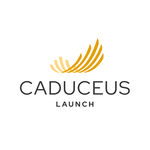

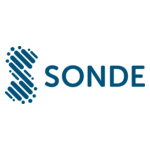



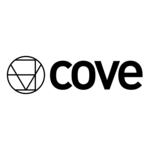
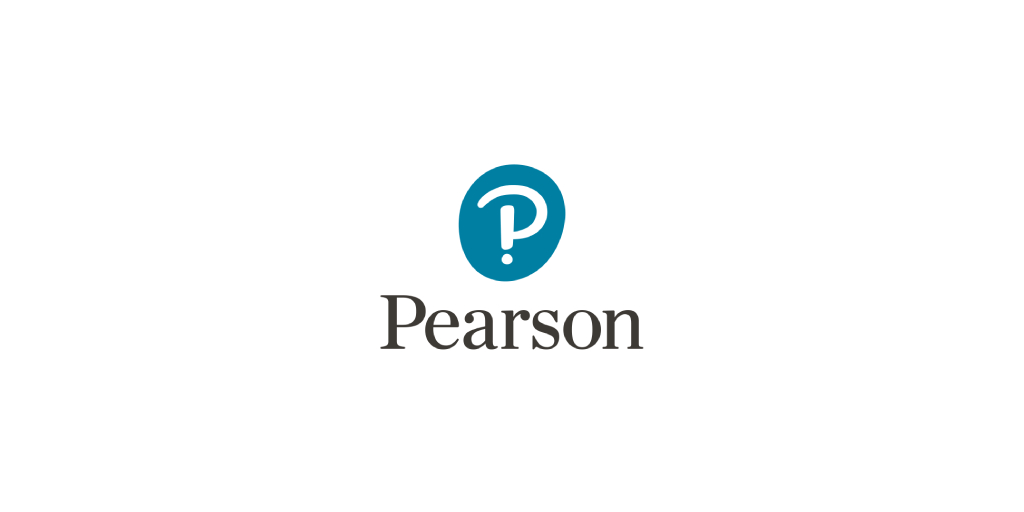
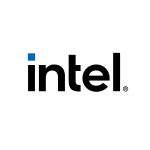


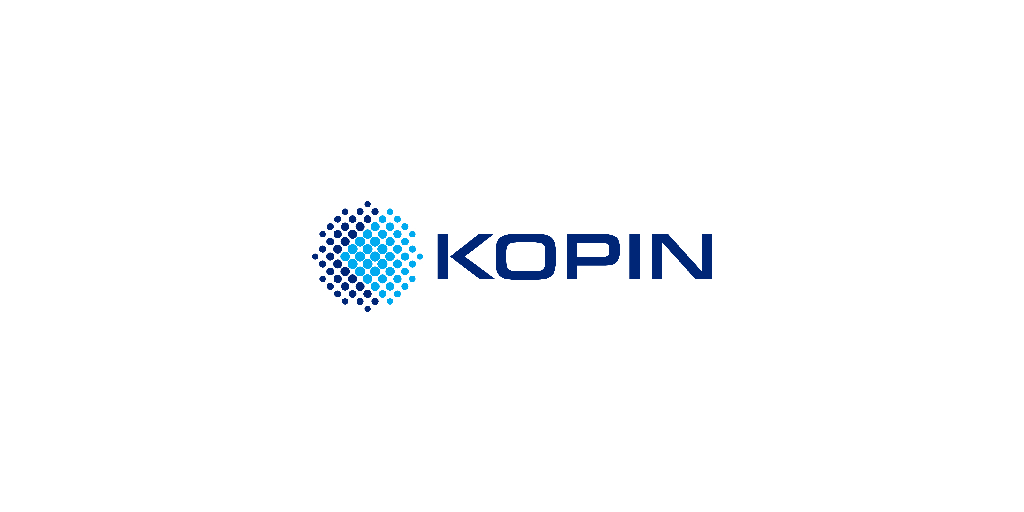
Add Comment